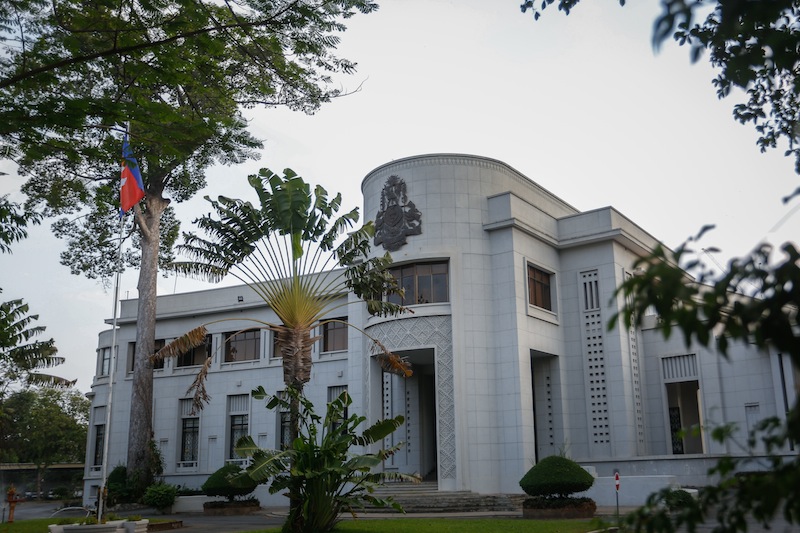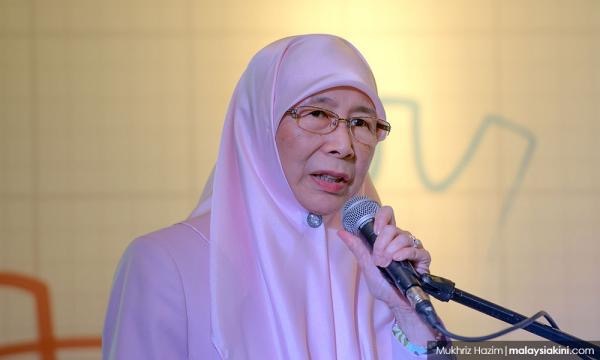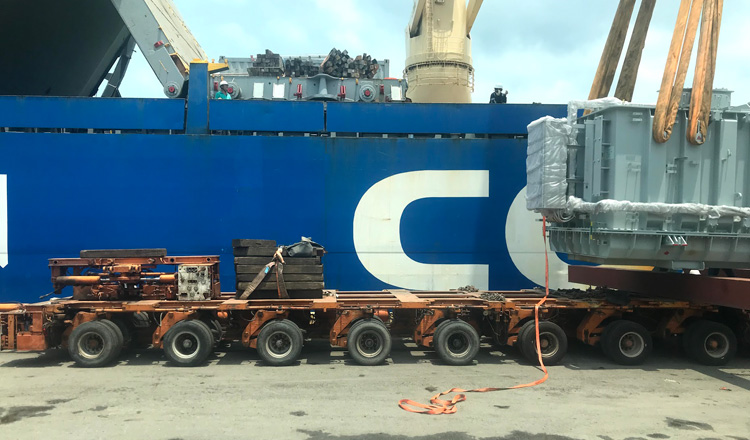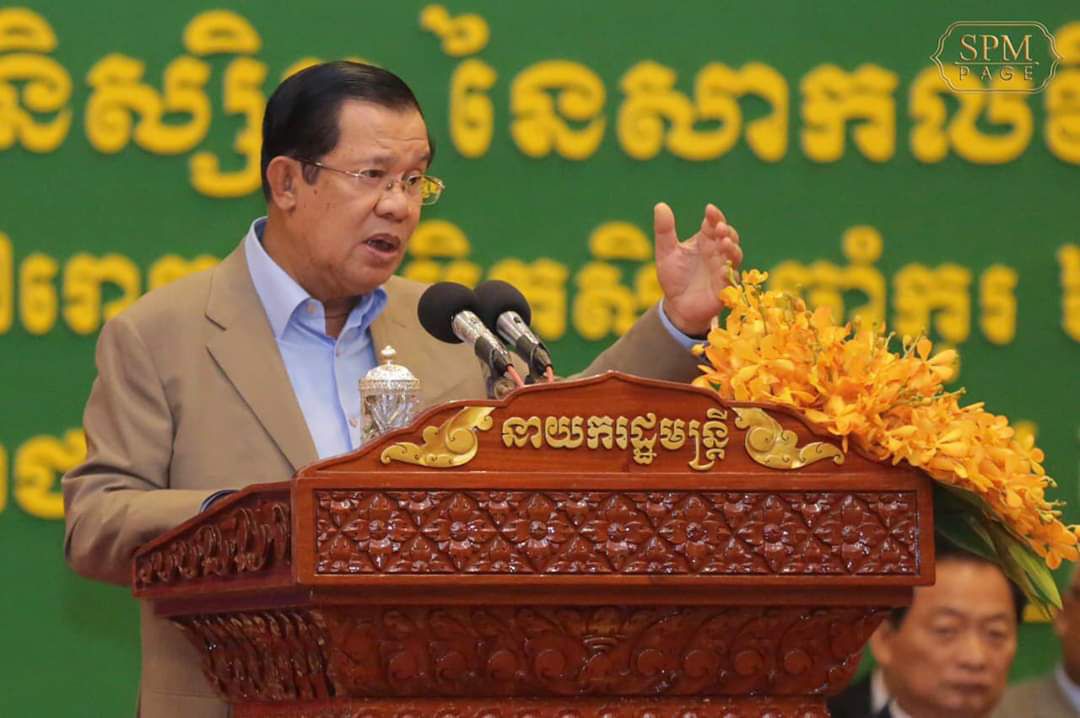Ly Thuch Praises Malaysian Businessmen for Helping Rebuild the Kingdom
Cambodian Senior Minister Ly Thuch has acknowledged that Malaysian businessmen played a large role in turning his country from a ruined state into a nation with a booming economy.
He told online news portal Free Malaysia Today that Malaysians were among the first people to invest in Cambodia after three decades of war and famine had left it with nothing to offer “other than ashes”.
“We had nothing left,” he said. “Almost all our intellectuals had been killed by the Khmer Rouge.
“We needed teachers and we needed midwives, hospitals, schools, houses, roads, clothing, everything. And Malaysians came forward to invest.”
Cambodia’s economy, driven by tourism and garment exports, is now one of the fastest-growing in Southeast Asia. According to the World Bank, it is among the fastest-growing in the world, averaging at eight percent between 1998 and 2018.
Mr. Thuch was in Malaysia to receive the CHT International Achievement Award in Kuala Lumpur. The CHT Awards is a biennial event organized by CHTNetwork to honor world-class achievements of exceptional individuals from various countries who have inspired the world over and played a significant role in their contribution towards helping others.
Malaysian entrepreneurs first entered the ravaged country to produce textiles and Mr. Thuch noted that the textile industry has since grown into one that is worth $12 billion a year in exports.
He said Malaysian businesses also started the construction sector in Cambodia, “which is now still booming”.
Among other businesses engaged in by Malaysians are those that come under the education, telecommunications, banking and tourism sectors.
Mr. Thuch said these were benefitting Cambodians through the transfer of knowledge and employment.
“From ashes, we are now heading for the skies,” he said.
Mr. Thuch, who is the First vice-president and secretary-general of Cambodia’s Mine Action and Victim Assistance Authority, also spoke of efforts to clear his country of landmines leftover from years of war.
“We are now aiming to free our country of landmines by 2025,” he said, adding that the areas cleared so far would constitute three times the size of Singapore.
“We have another 2,000 square kilometers to clear, mostly located in rural areas and forests.”
He said one landmine could kill an entire family and more than 20 percent of Cambodia’s children had been handicapped by mine blasts.
“The government couldn’t build schools or hospitals until landmines were cleared,” he said.
For the effort, Cambodia spends between $7 million and $10 million a year, with another $30 million coming from Japan, Ireland, Germany, Switzerland, Norway, the United States, Canada, Australia, and New Zealand. South Korea will join the list of donors next year.
According to Mr. Thuch, families living in areas free of land mines earn nearly four times more than those in the danger zones.
He said Cambodians are hungry for success as the government looks at upgrading the workforce with IT skills and improving human resources and the use of English.
Khmer Times







